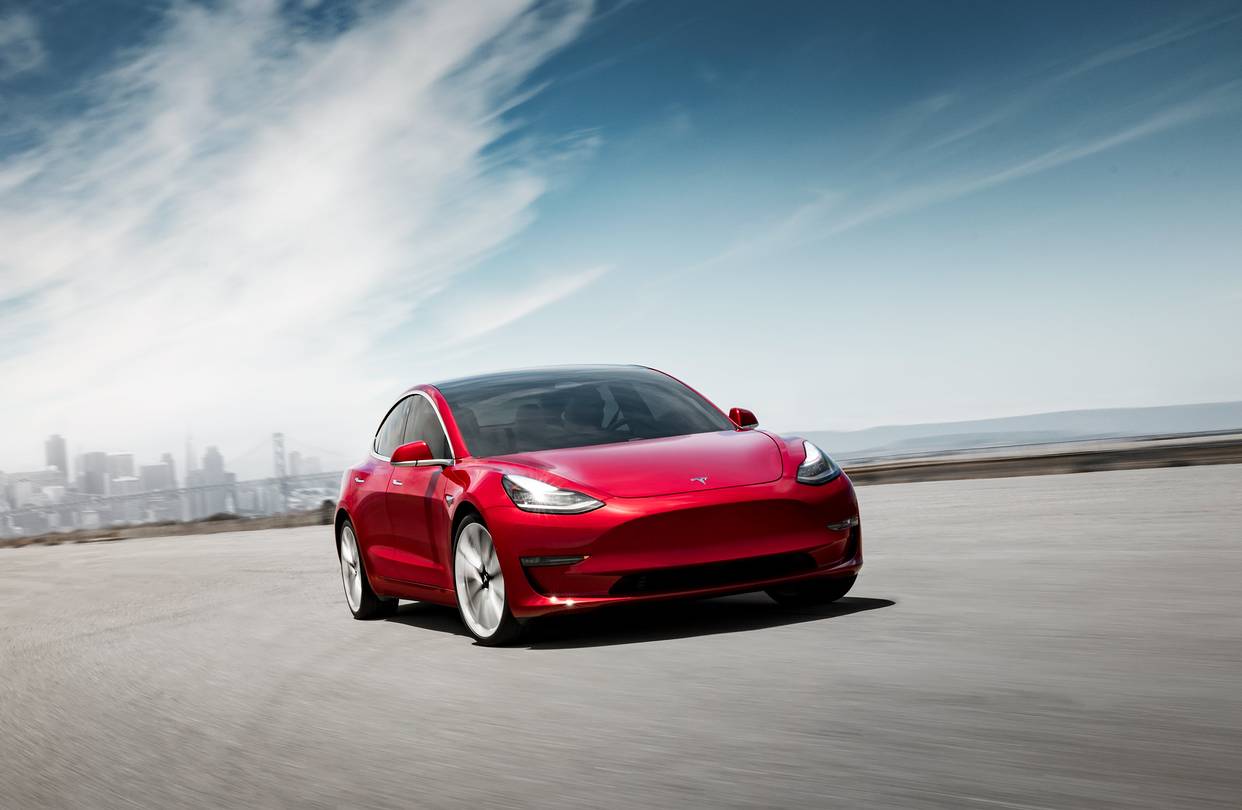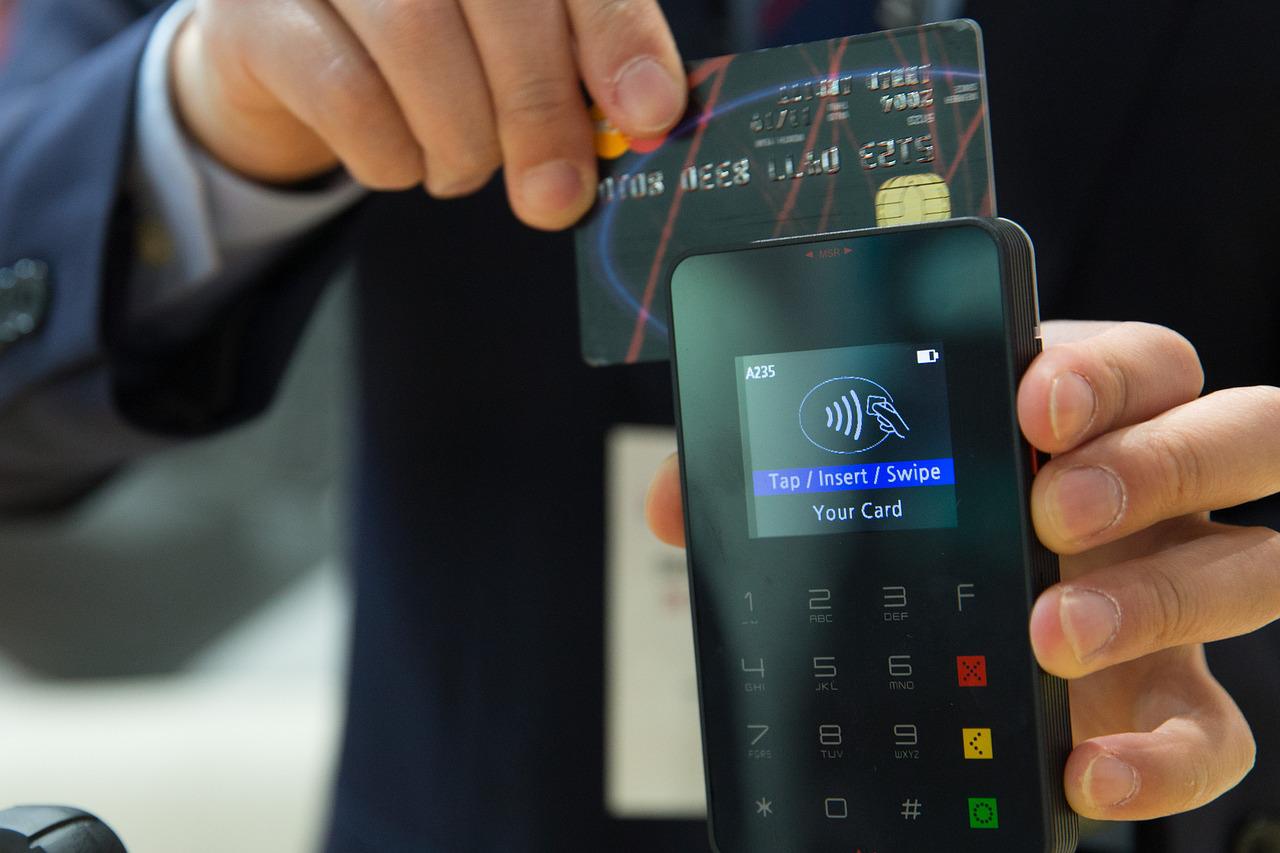One thing everyone looks at when they’re purchasing a new car — whether it’s an affordable compact Honda or an expensive and luxurious Lamborghini — is the gas mileage. The more driving you do, the more money you will inevitably spend on fuel, so having a fuel-efficient car makes good sense from a spending perspective.
Electric cars have become an alternative to the gas-guzzling autos of the past, but are these high-tech options causing traditional gasoline cars to become more fuel-efficient?
The Efficiency Race
Just a decade ago, finding a new car that got better than 30 miles to the gallon was nearly impossible. Even the most efficient cars struggled to take you more than a few hundred miles on a tank of gas — and if you opted for a truck, you were looking at gas mileage in the teens if you were lucky, and in the single digits if you weren’t.
Today, most fuel cars can maintain upwards of 25 to 30 miles to the gallon — and hybrid cars can get upwards of 50 miles per gallon.
Electric cars aren’t the entire reason for the increase in fuel efficiency. The EPA set the standards calling for traditional gasoline cars to reach that 50-mpg mark by 2025, though the current presidential administration is working to loosen these restrictions.
Electric cars, on the other side of the coin, don’t require any gasoline, though their battery life limits them. The most efficient electric cars can travel between 100 and 300 miles on a charge — making them great for driving around town, but not as useful for long trips, unless you own a Tesla.
Making the Most
How can you squeeze the most fuel efficiency out of your car even if you drive an older model?
Maintaining your vehicle can help improve your fuel efficiency. Even something as simple as keeping your tires properly inflated can help improve your fuel economy by up to 3 percent. Stick to your car’s maintenance schedule — change your oil, change your filters and maintain your fluid levels. A properly maintained car doesn’t have to work as hard to move, and it doesn’t burn as much fuel.
How you drive can also affect your car’s fuel efficiency. If you tend to speed or brake heavily, your car ends up burning more fuel. Driving aggressively might keep you safe, but it means you’ll be spending more at the pump when it comes time to fill up your tank.
The introduction of electric cars might not be the only reason for the increase in fuel efficiency across the automotive industry, but the idea of not having to fill up as often — or at all — is understandably enticing for the average driver. It has encouraged car manufacturers across the globe to take steps to make their cars more efficient. Unless you’re buying an antique car, there’s no reason to buy one that will send you to the gas station every other day — even if you’re not opting for an electric vehicle just yet.






